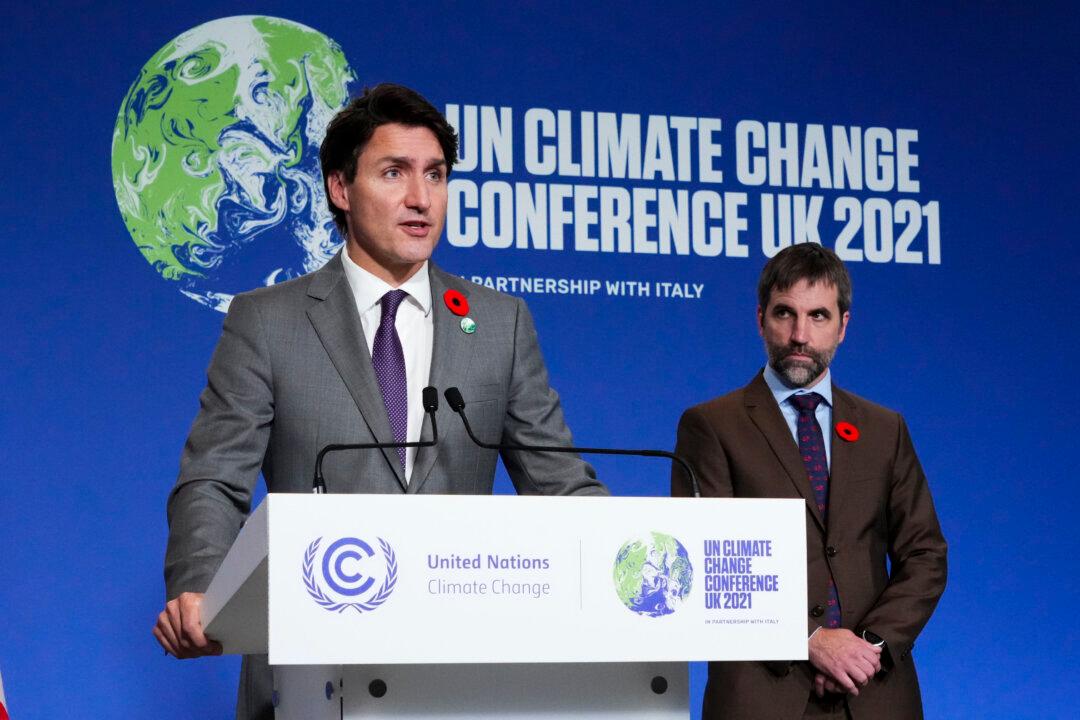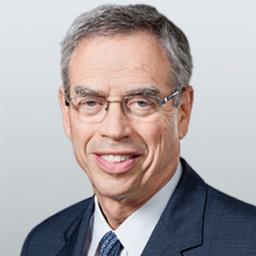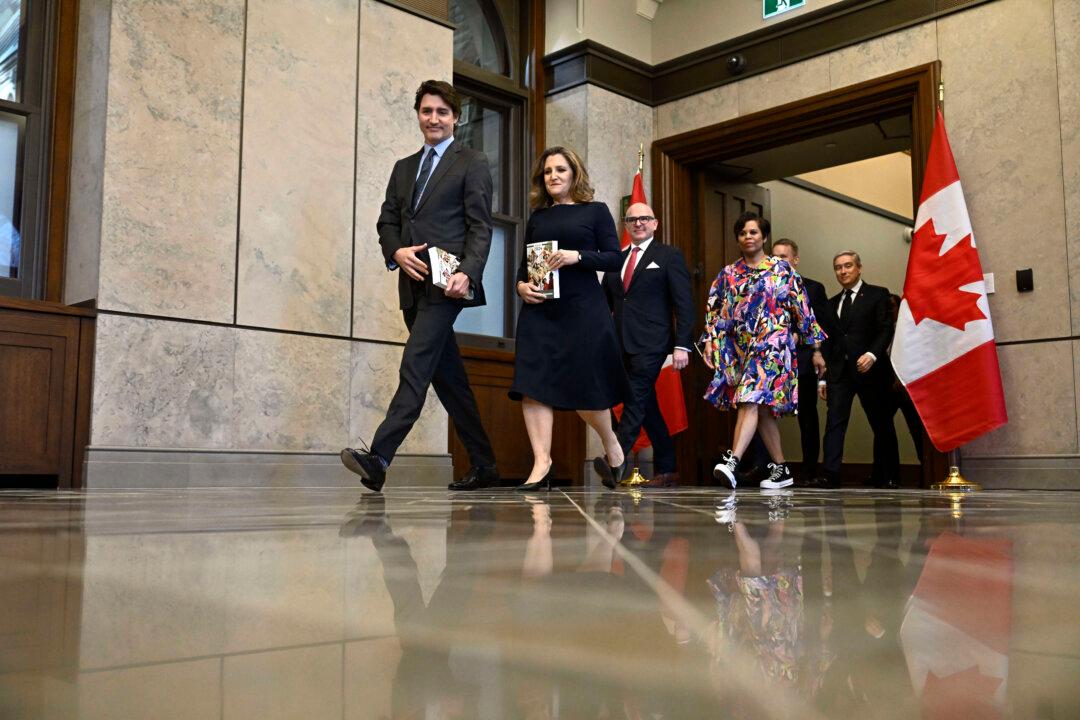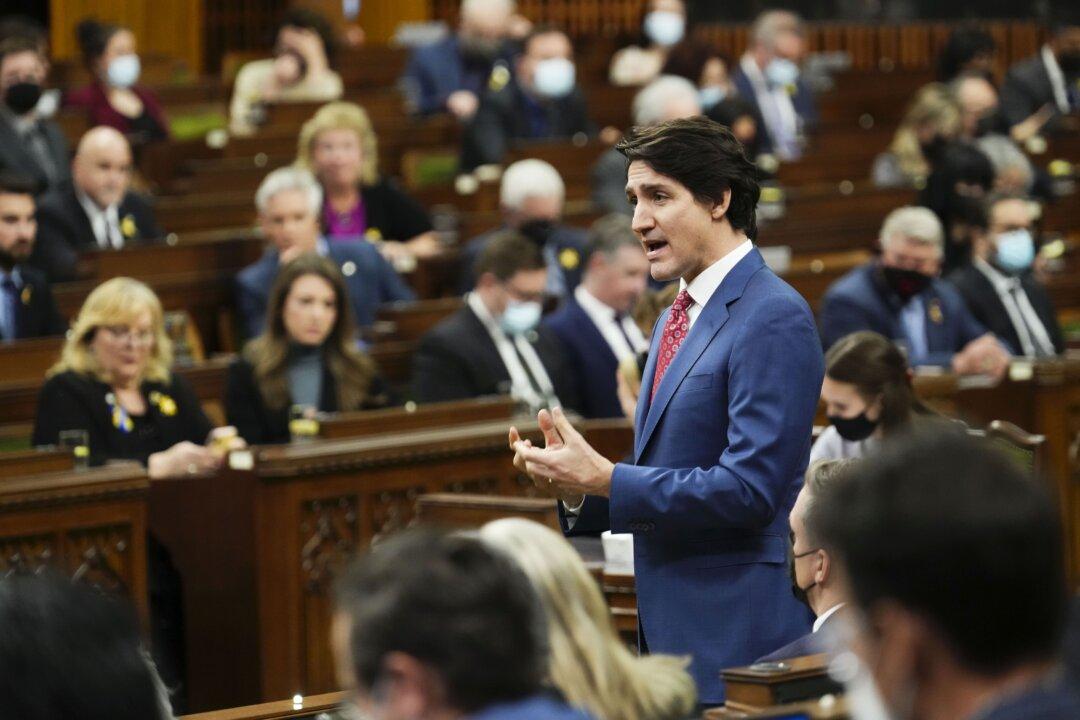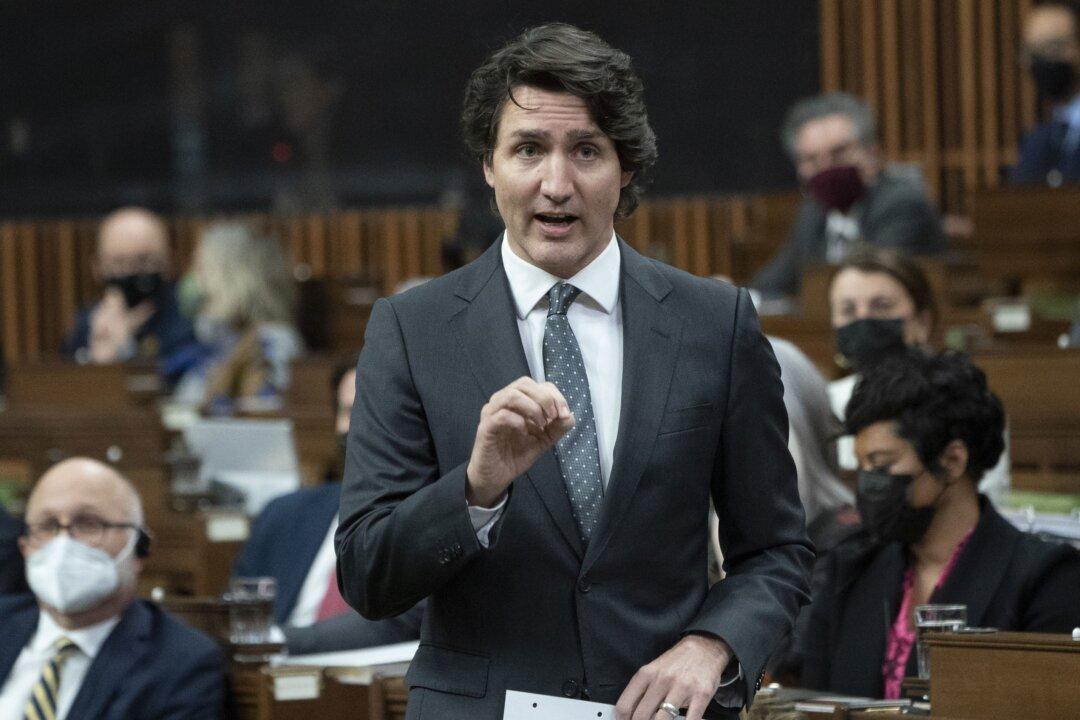Commentary
Victor Davis Hanson raised an alarm in a recent column about a litany of unchartered developments besetting the United States that risk becoming unimaginable. Hanson believes the traditional bedrocks of the American system are dissolving, including a stable economy, energy independence, hallowed universities, and a credible criminal justice system. Many of these damaging assaults on America’s economy and body politic have direct parallels in Canada.
